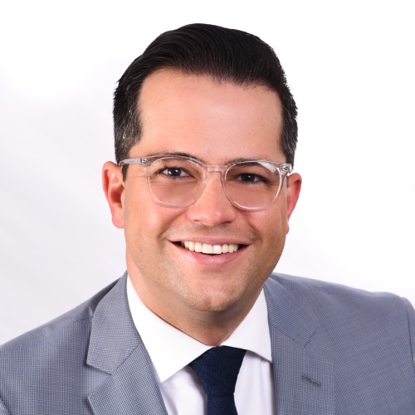Disputing a will or trust can be stressful, especially when you’re uncertain about how the assets will be distributed. If a trust or will is successfully contested, understanding the next steps is key to ensuring a fair outcome. In California, the distribution of assets after a successful dispute depends on several factors, including the validity of the original document and the unique circumstances of the case.
If you’re involved in a trust or will dispute, it’s important to know what happens to the estate once the dispute is resolved. Below, we’ll break down the process and explain how assets are typically distributed.
Intestate Succession: What Happens When There Is No Valid Will or Trust?
When a will or trust is successfully contested and deemed invalid, the estate may be distributed according to California’s intestate succession laws. Intestate succession refers to the state’s legal guidelines for distributing assets when there is no valid will or trust in place. This often means that the deceased’s estate will go to their closest relatives, such as:
- Spouse and children: In most cases, the surviving spouse and children are the first beneficiaries.
- Other family members: If there is no spouse or children, assets may go to parents, siblings, nieces, nephews, or other extended family members.
The court will follow California’s laws to determine the rightful heirs and the proportion of the estate each will receive.
Probate Process: The Court’s Role in Asset Distribution
If a trust or will is successfully contested, and the case moves into the probate process, the court becomes responsible for overseeing the distribution of assets. In probate, the court will appoint an executor or administrator to manage the estate. This person will ensure that all debts are settled and that the remaining assets are distributed to the rightful heirs.
The court will consider any claims from heirs or beneficiaries who challenge the trust or will and decide who is entitled to receive the assets. If the probate process determines that no valid will or trust exists, the estate will be divided according to California’s laws of intestate succession.
Reverting to a Previous Will or Trust
If a will or trust is contested due to fraud, coercion, or lack of mental capacity, the court may revert to a previous valid document. If no valid prior document exists, the estate will be distributed according to California’s intestate succession laws.
Disputing the Distribution: What Happens After a Judgment?
Once the court issues a judgment, the distribution of assets begins. However, disagreements can persist, especially if a beneficiary is unhappy with the decision. This can lead to further legal challenges. For example, if a beneficiary is unhappy with the way assets are divided, they may contest the court’s decision, potentially leading to further legal action.
In some cases, beneficiaries may choose to settle their disputes outside of court through mediation or negotiation. This can help avoid lengthy and expensive legal proceedings, allowing the parties to reach an agreement that works for everyone involved.
The Importance of Legal Representation
If you’re involved in a will or trust dispute, having legal representation can make a significant difference. An attorney skilled in trust and estate litigation can help you understand your rights, guide you through the legal process, and ensure that your interests are protected. Whether you’re contesting a will or defending against a dispute, legal counsel can help you achieve the best possible outcome.
Protecting Your Interests in Trust and Estate Disputes
Disputing a will or trust in California can lead to a variety of outcomes, from intestate succession to a reversion to an earlier valid document. Understanding how assets are passed down after a successful dispute is important to ensure that the estate is distributed fairly. If you’re involved in a trust or will dispute, it’s essential to have an experienced attorney by your side to navigate the legal process and advocate for your interests.
At OC Trial Group, APC, we are committed to helping you protect your rights and ensure fair asset distribution in trust and estate disputes. Contact us today to schedule a consultation and discuss your case.

